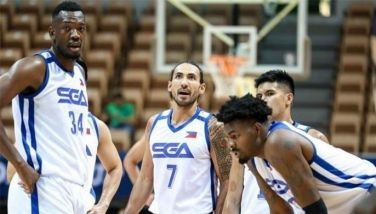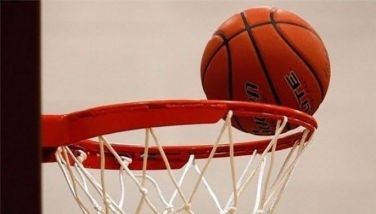Olympics gives birth to Games for world's youth
SINGAPORE – International Olympic Committee president Jacques Rogge, who had said he was like an “expectant” father on the eve of the inaugural Youth Olympic Games, now has a strong, bubbling YOG baby.
The Youth Games didn’t only assemble some 3,600 athletes aged 14-18 to compete in 26 sports but also fused into the 12-day sporting conclave special events to help the young athletes improve their sporting careers, find new friends and learn about the varying cultures among 204 National Olympic Committees.
To cut on the cost, the YOG differed from the Olympic Games by reducing the number of events while offering regional competitions, proving more popular that the IOC had earlier hoped.
“A success of this magnitude was not expected,” said Rogge.
Medals were won by nearly half of the participating NOCs with the YOG featuring a number of exciting new events like the 3-on-3 basketball, combined discipline cycling and the head-to-head sprints in canoe-kayak. Many sports also included a combination of mixed NOC and mixed gender, such as triathlon relays, archery, table tennis, fencing and swimming relays.
The various events drew big crowds who witnessed the rise of potential future stars, including Jamaican Odean Skeen, who ran away with the gold in the 100m dash with a personal best of 10.42 seconds, looking every inch like another Usain Bolt.
In the pool, spectators saw the future champions from China, who scoured 11 medals with Tang Yi and Liu Lan winning more medals than any other competing NOC, while China, again, and Russia dominated weightlifting with Deng Wei setting a world record in the women’s 58kg.
Cyclists swished through central Singapore, equestrians competed on unfamiliar horses and judo bouts took over the heart of a convention center.
Their accomplishments reached the world through the latest media technologies with the digital media workshops serving as one of the activities of the YOG Cultural and Education Program spliced into the sporting calendar to teach young athletes about nutrition, health and global issues such as climate change and poverty. About 40 Olympians at the venues offered advice on training, commitment and ways to balance time on the sports field with hours in the classroom.
“Athletes took part in it and they loved it,” said Rogge. “This is important for the development of sport. And the new program has been so popular that many of the sporting officials in Singapore are wondering if it should also be injected into the senior Olympic Games.”
Rogge also assured the youth that the YOG is now firmly established as a continuing event.
Sure, there were disappointments but the Olympian mentors were quick to assist.
“One has to learn to lose so that you can learn to win,” said New Zealand champion boardsailer Barbara Kendall while Olympic 800m silver and bronze medalist and former world champion Wilson Kipketer of Denmark said: “Stay patient and think about the long term. What you do today means tomorrow is going to be better and the next day is going to be better again.”
The next YOG will be held in Nanjing, China in Sept. 2014.
- Latest
- Trending































